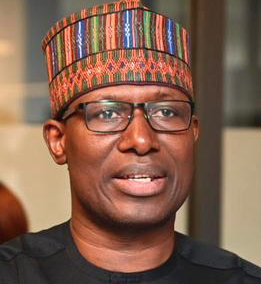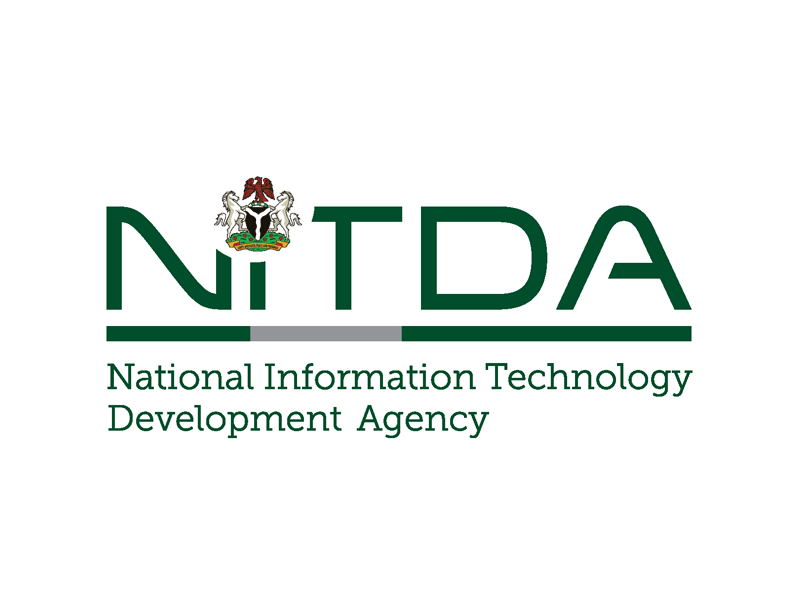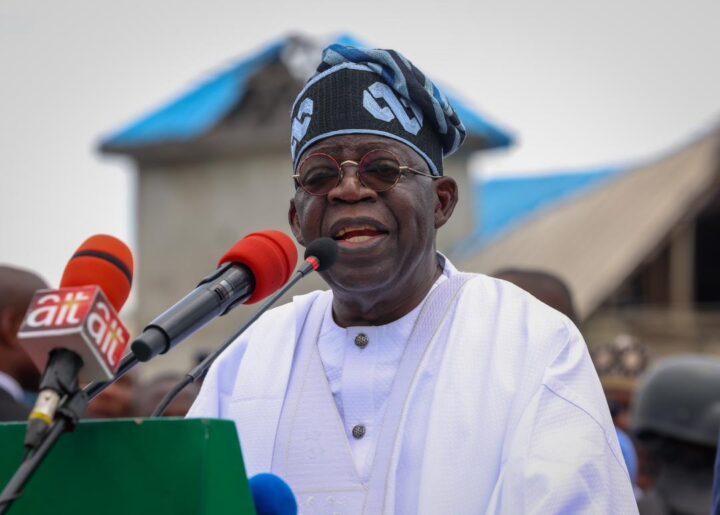Since Nigeria emerged from recession following the onset of the COVID-19 pandemic, the ICT sector has been the most significant contributor to the limited economic growth that Nigeria has achieved, contributing more than 18% to GDP in Q1 2022, nearly three times the contribution that oil and gas made. Given its existing level of importance to the economy, and the pace of the evolution of the technology sector, the future of the digital economy in Nigeria is fundamental to the future of Nigeria’s economy, and by extension, the well-being of its people.
While the amendments to the National Information Technology Development Act (NITDA) Bill currently being reviewed by the National Assembly might be well-intentioned, they are not well-constructed or defined. The stated intent is to ensure that Nigeria has two regulators for the sector, with one empowered to regulate telecommunications, and the other empowered to regulate IT and digital services. But the effect is very different. As currently drafted, the amendments create a new super regulator that usurps many of the powers of the Nigerian Communications Commission (NCC) and formalises ministerial influence over the regulatory process, jeopardising the regulatory independence that has been integral to the success of the sector.
When considering legislation that has such a dramatic effect, the first question that has to be asked is ‘why do we need to do this?’ Is the current regulatory structure so poor that such drastic action is required? I think it is fair to say that the NCC is perhaps the best respected independent regulator in Nigeria. It has guided and shepherded the accelerated growth of a telecoms industry that is now one of the largest in the world, a feat it has achieved with minimal government investment or support. That is how a regulator should work. Empowering the growth of private sector-led enterprises while ensuring they operate within the confines of well-structured and properly-managed regulations.
As the digital economy evolves, and convergence between sectors like payments, telecoms and technology accelerates, the regulatory architecture needs to keep pace. But it needs to do so by integrating and converging itself. Not creating additional siloed regulators that will compete with each other, and cause confusion amongst the private sector that has enabled and driven the growth. It is simply too important a sector to hinder through such a poorly-structured approach, especially when we consider that we are already likely to see the emergence of a new and powerful data regulator as the Nigerian Data Protection Bill flies through the National Assembly at record pace.
Advertisement
Given the success of the existing regulator, and the trajectory of converging regulation, it is clear to me that the answer to ‘why do we need to do this’ is that we don’t. It’s not only me that thinks this, and neither is it the voice of the outraged on social media. The NCC has publicly expressed its concern, as has the telecoms industry and a plethora of law firms who have analysed the bill and its overlaps with existing legislation extensively.
We have around three weeks now to the inauguration of a new administration. We should be spending that time engaging with the incoming government, exploring constructive conversations about the optimum way to ensure the digital economy is empowered to deliver even more value for Nigeria. We should not be wasting time fighting off a last-ditch attempt to force through the creation of a new regulator for which there is no clear and pressing need.
Let NITDA remain a development agency, empowered to build on all its success supporting the industry, and let the NCC continue to be the regulator. If there are gaps that need to be addressed and filled, then let’s have a constructive conversation about what is best for Nigeria and its people, and give it the time and focus it needs.
Advertisement
Adebayo is the chairman of the Association of Licensed Telecom Operators of Nigeria (ALTON).
Views expressed by contributors are strictly personal and not of TheCable.
Add a comment







